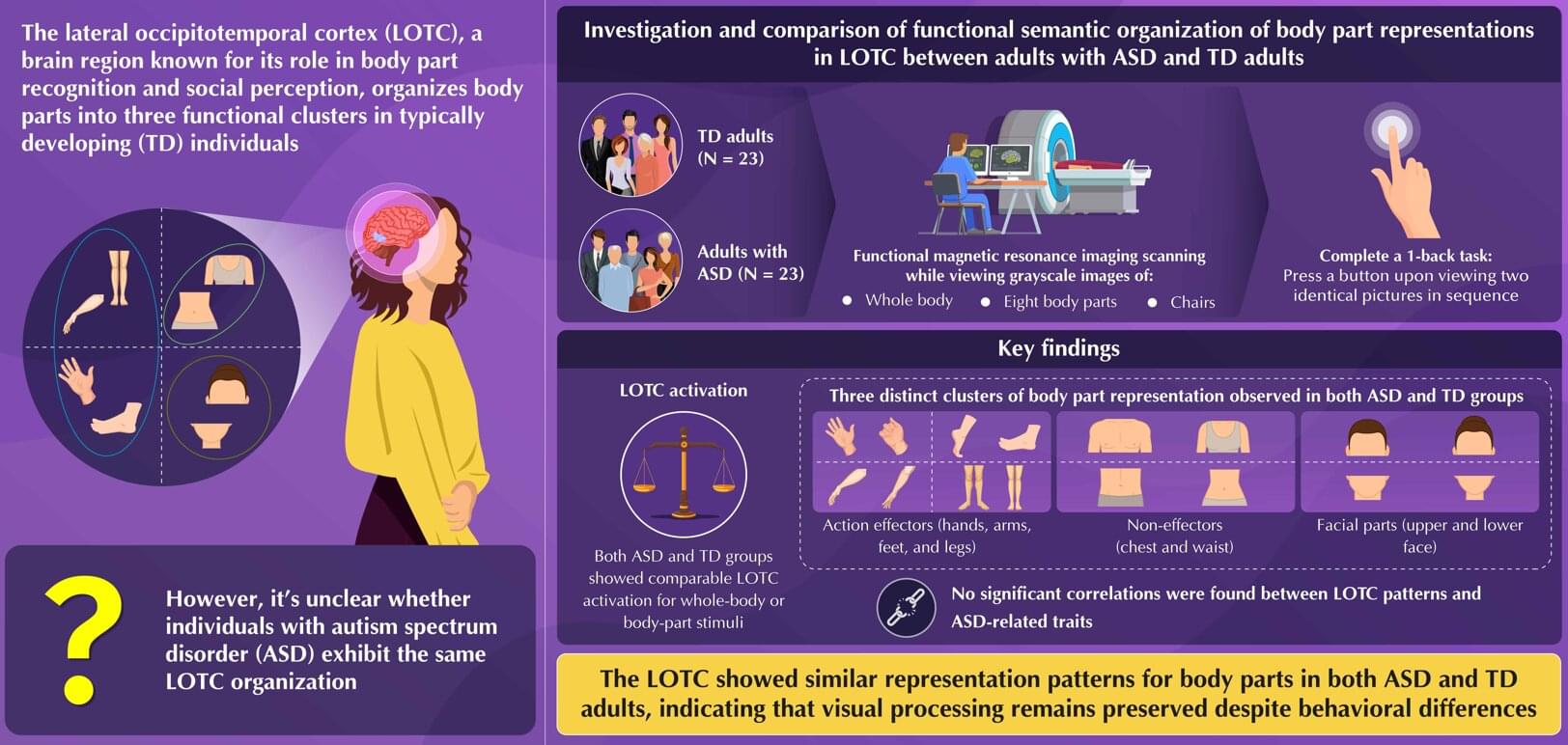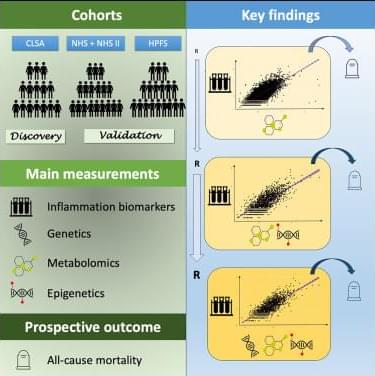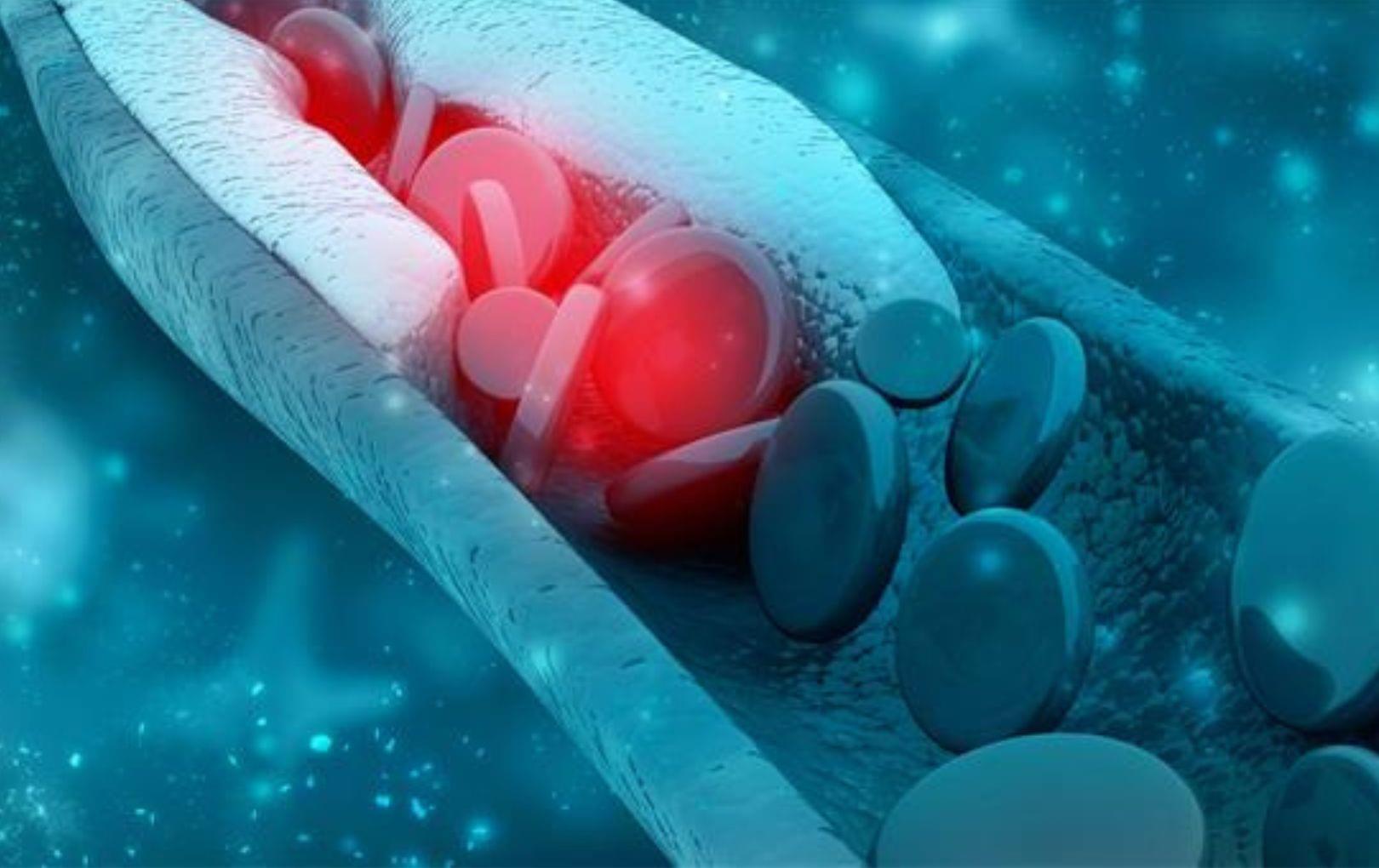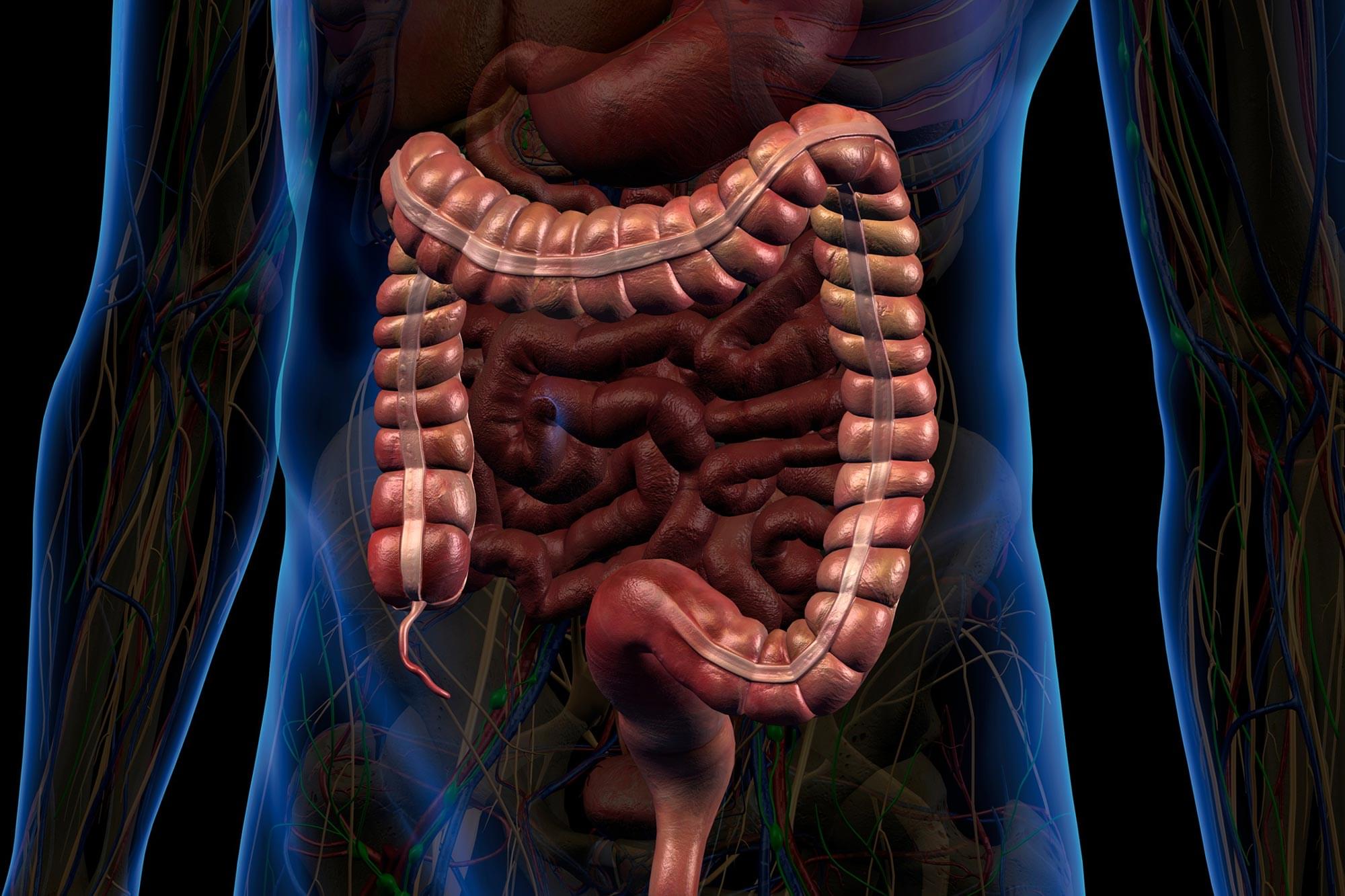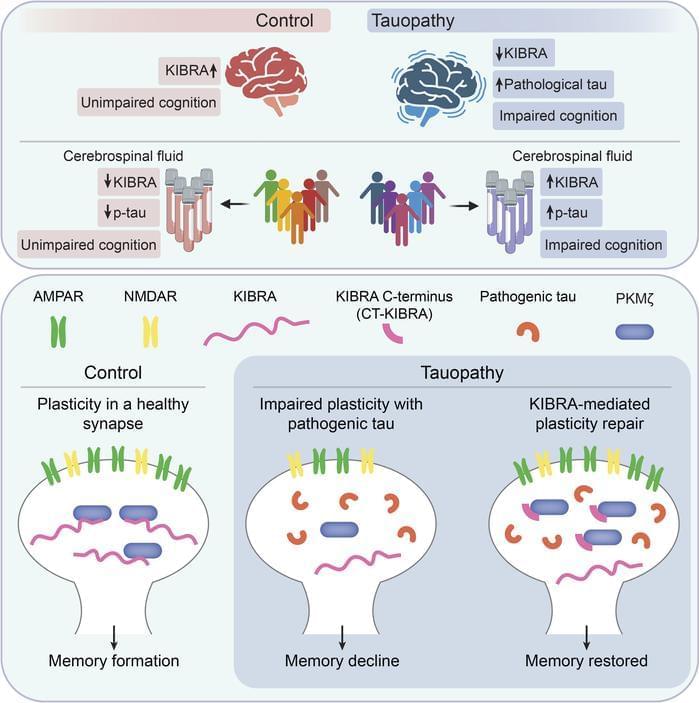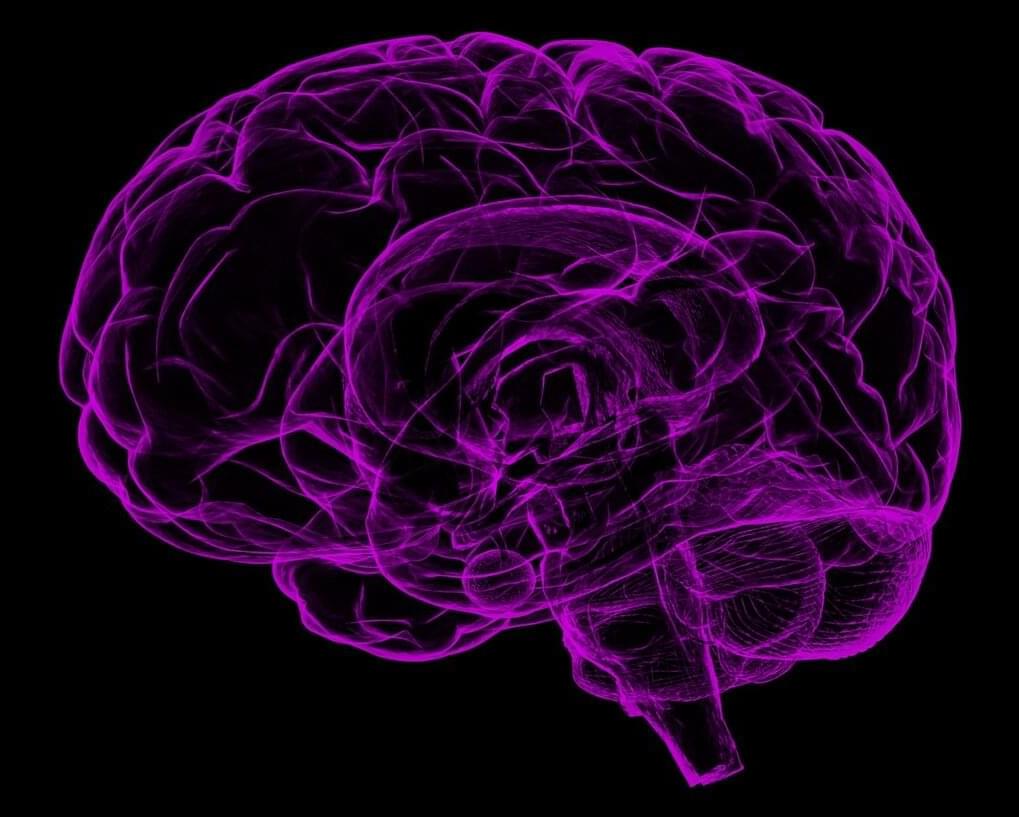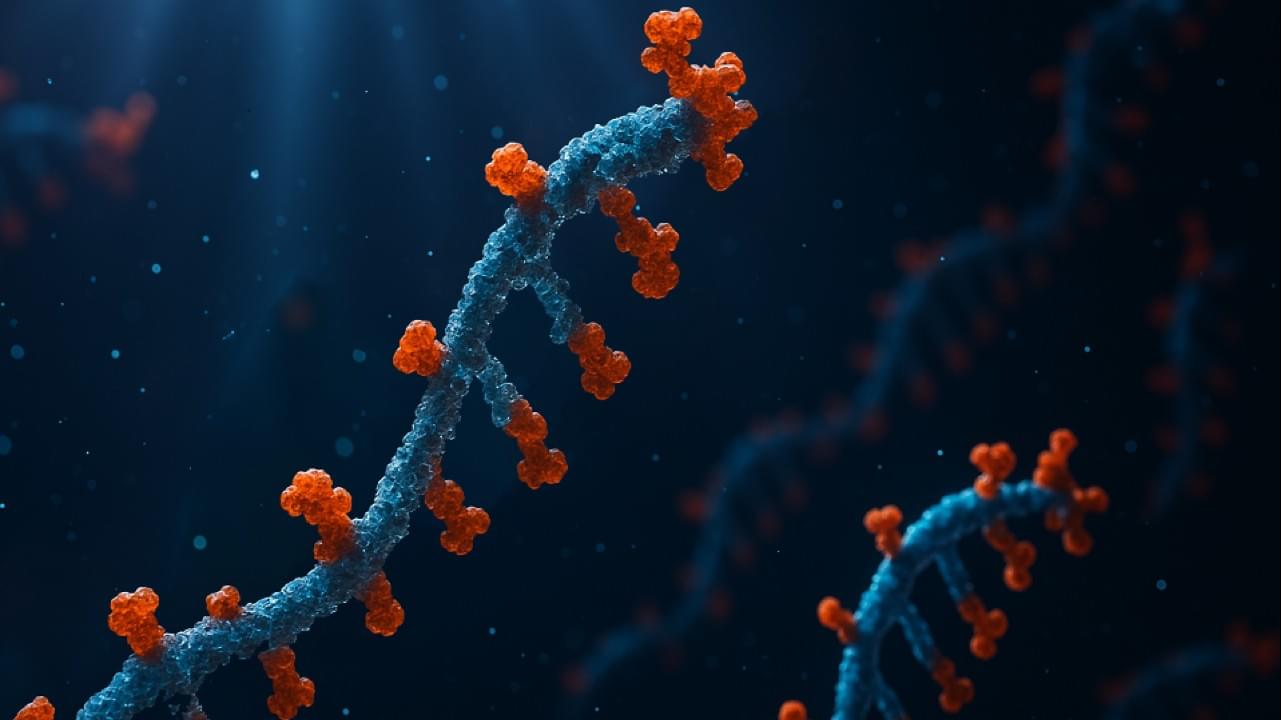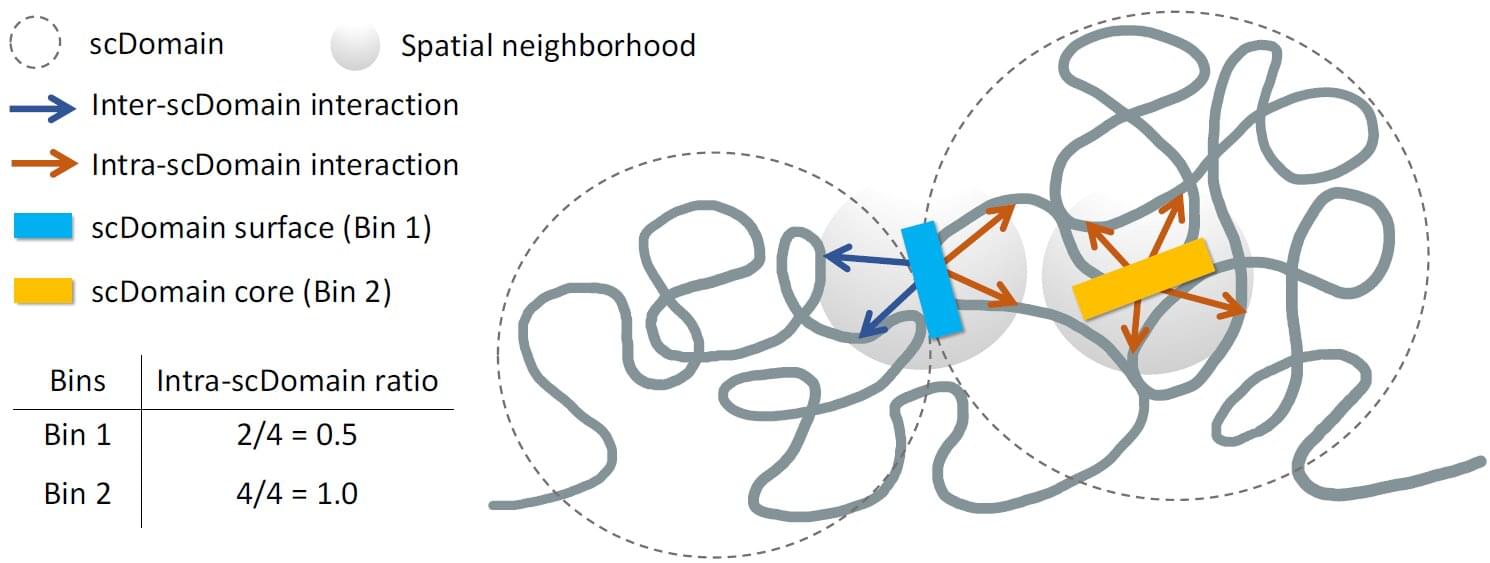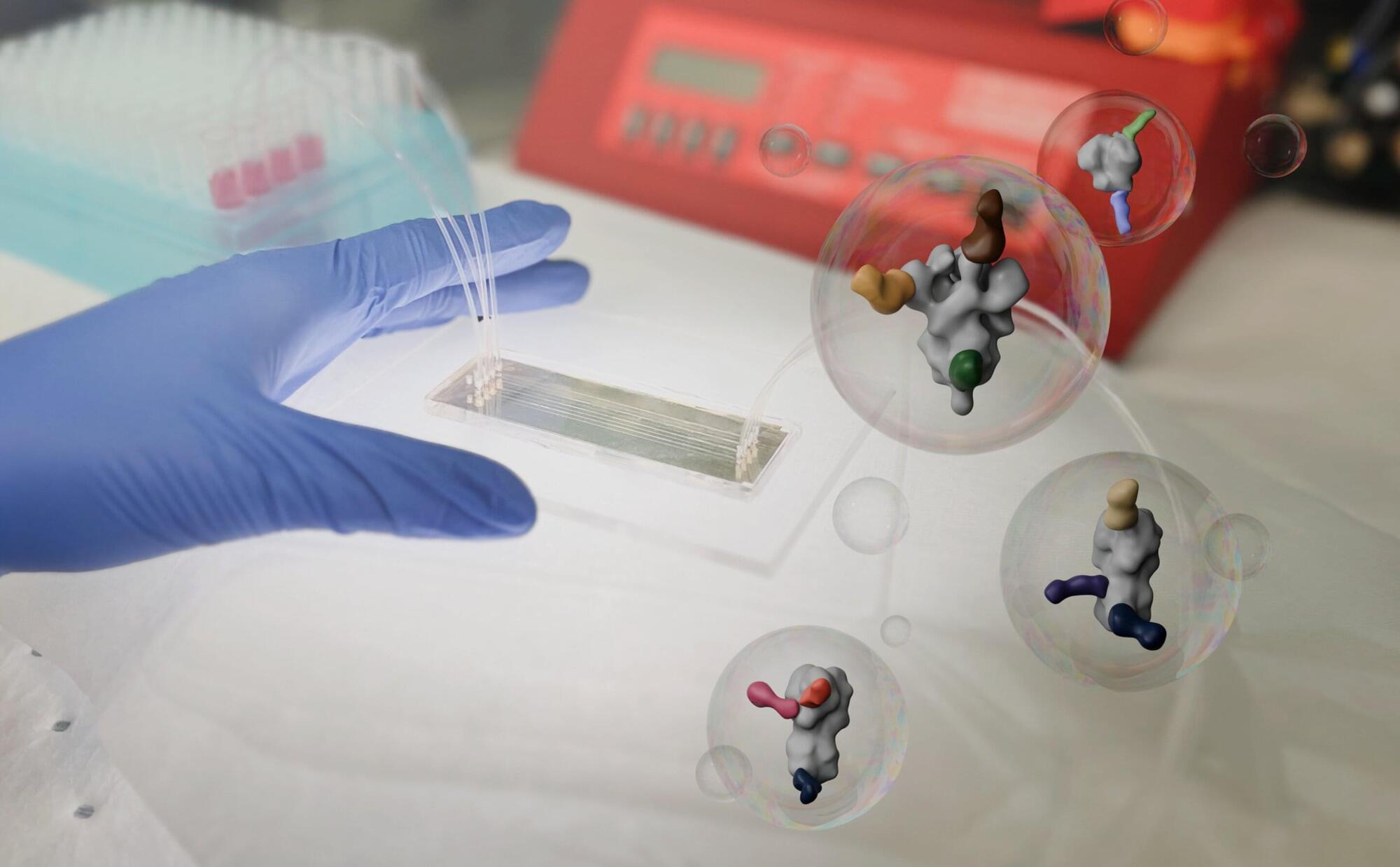Autism spectrum disorder (ASD), a neurodevelopmental condition, is often associated with difficulties in social communication and repetitive behavior. Previous research reveals that people with ASD often find it challenging to interpret intentions from body language and have difficulty recognizing faces and emotions, which may contribute to their social communication problems.
Scientists speculate that these challenges might arise from differences in how the brain perceives faces and body parts, i.e., how individuals with ASD represent the human body. However, until now, no study had clearly mapped how body parts are represented in the brains of adults with autism or whether that organization differs from normal or typically developing (TD) adults.
In a detailed neuroimaging study involving adults in Japan, researchers addressed this knowledge gap by examining how ASD represents body parts in the brain. This study was published in the journal Imaging Neuroscience. A team of researchers used functional magnetic resonance imaging (fMRI) to compare brain activity patterns in adults with ASD and TD adults as they viewed images of body parts.
